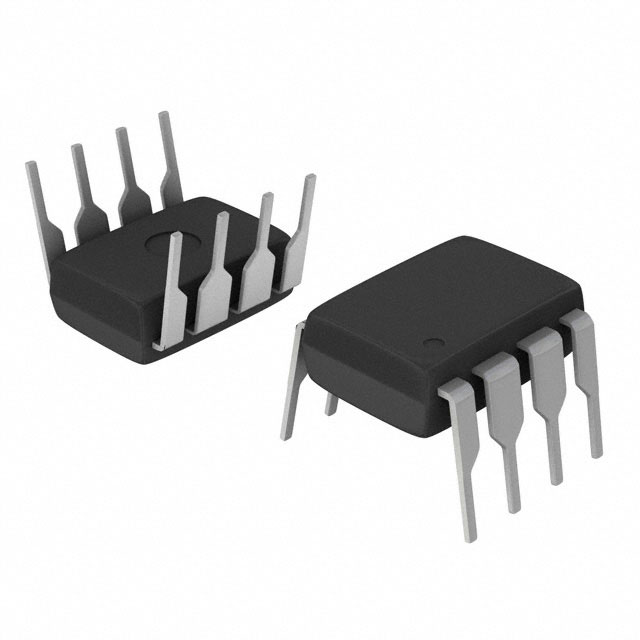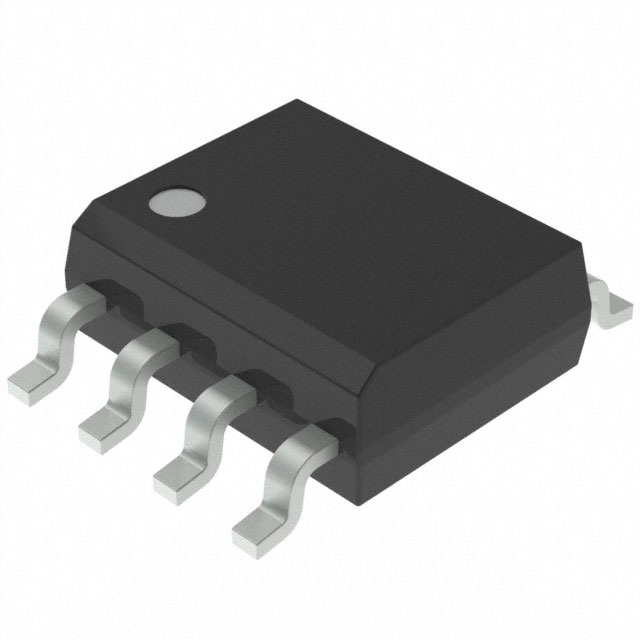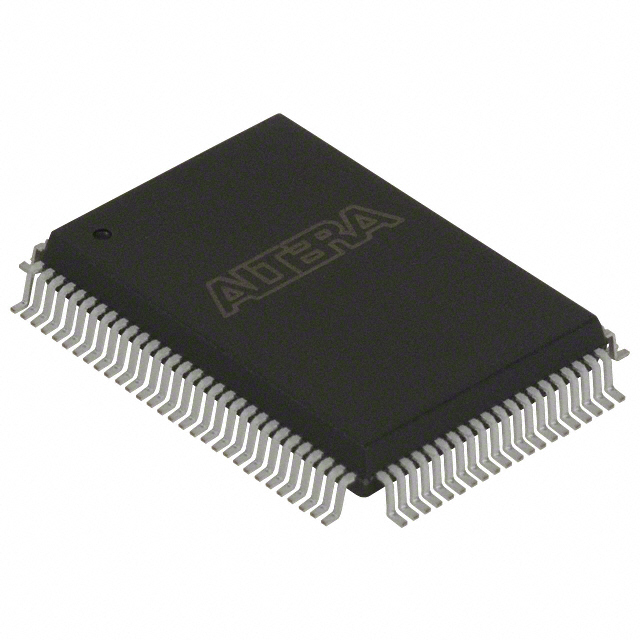In Stock : 0
Please send RFQ , we will respond immediately.









EPC16QC100 Specifications
-
TypeParameter
-
Supplier Device Package100-PQFP (20x14)
-
Package / Case100-BQFP
-
Mounting TypeSurface Mount
-
Operating Temperature0°C ~ 70°C
-
Voltage - Supply3V ~ 3.6V
-
Programmable TypeIn System Programmable
-
DigiKey ProgrammableNot Verified
-
PackagingTray
-
Product StatusObsolete
-
SeriesEPC
The EPC16QC100 is a specific type of integrated circuit chip, known as a Field-Programmable Gate Array (FPGA). Here are some advantages and application scenarios of the EPC16QC100:Advantages: 1. Flexibility: FPGAs are programmable, allowing users to configure the chip's functionality according to their specific requirements. This flexibility makes them suitable for a wide range of applications. 2. High-performance: FPGAs can process data in parallel, enabling them to achieve high-speed performance. They are capable of handling complex algorithms and computations efficiently. 3. Low power consumption: The EPC16QC100 is designed to consume low power, making it suitable for battery-powered devices or applications where power efficiency is crucial. 4. Cost-effective: FPGAs eliminate the need for custom-designed Application-Specific Integrated Circuits (ASICs), which can be expensive and time-consuming to develop. FPGAs offer a more cost-effective solution for prototyping and low-volume production.Application scenarios: 1. Digital signal processing: FPGAs are commonly used in applications that require real-time processing of digital signals, such as audio and video processing, telecommunications, and radar systems. 2. Embedded systems: FPGAs can be used in embedded systems to implement various functions, including control logic, data processing, and interfacing with other components. 3. Prototyping and development: FPGAs are widely used in the prototyping phase of electronic designs. They allow engineers to quickly test and validate their ideas before moving to production. 4. Industrial automation: FPGAs find applications in industrial automation systems, where they can be used for control and monitoring tasks, as well as for implementing complex algorithms for machine vision and robotics. 5. Aerospace and defense: FPGAs are used in aerospace and defense applications, such as avionics systems, radar processing, and secure communications, where high-performance and reliability are critical.It's important to note that the specific advantages and application scenarios of the EPC16QC100 may vary depending on the requirements and design considerations of a particular project.
EPC16QC100 Relevant information
-

AT17N256-10PI
Microchip Technology -

AT17N256-10PC
Microchip Technology -

AT17N256-10NI
Microchip Technology -

AT17N256-10NC
Microchip Technology -
AT17N040-10TQI
Microchip Technology -
AT17N040-10TQC
Microchip Technology -
AT17N010-10SI
Microchip Technology -
AT17N010-10SC
Microchip Technology -

AT17N010-10PI
Microchip Technology -

AT17N010-10PC
Microchip Technology
















